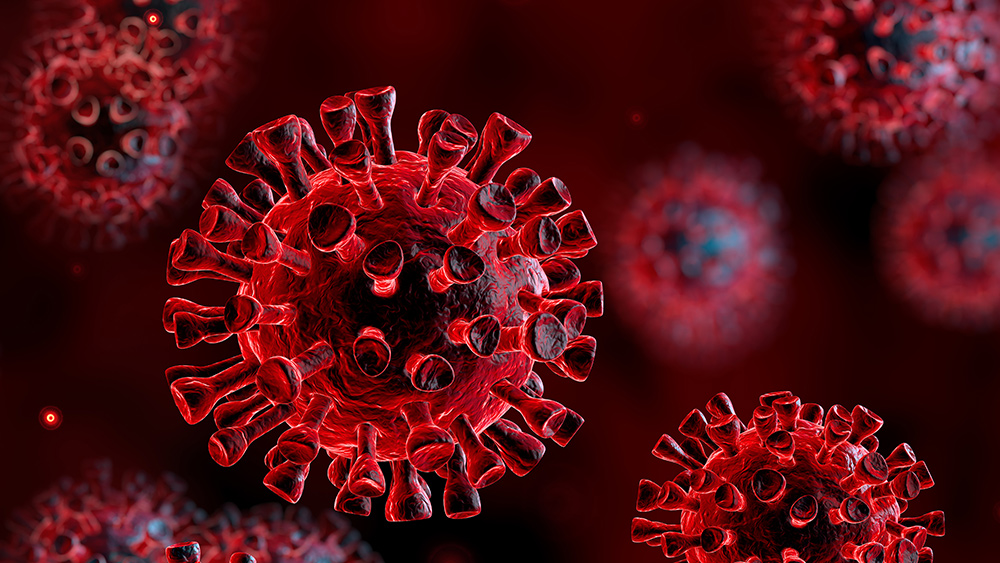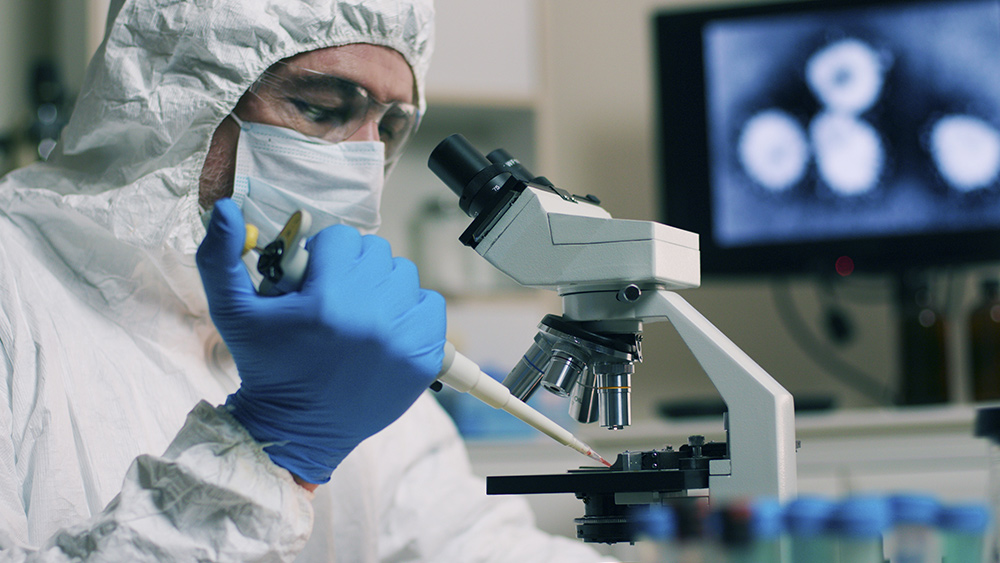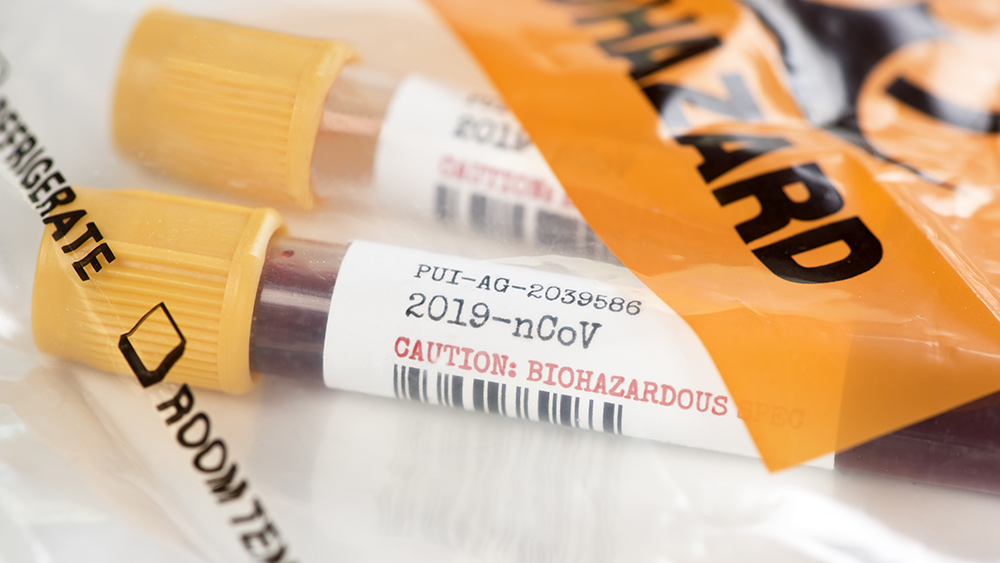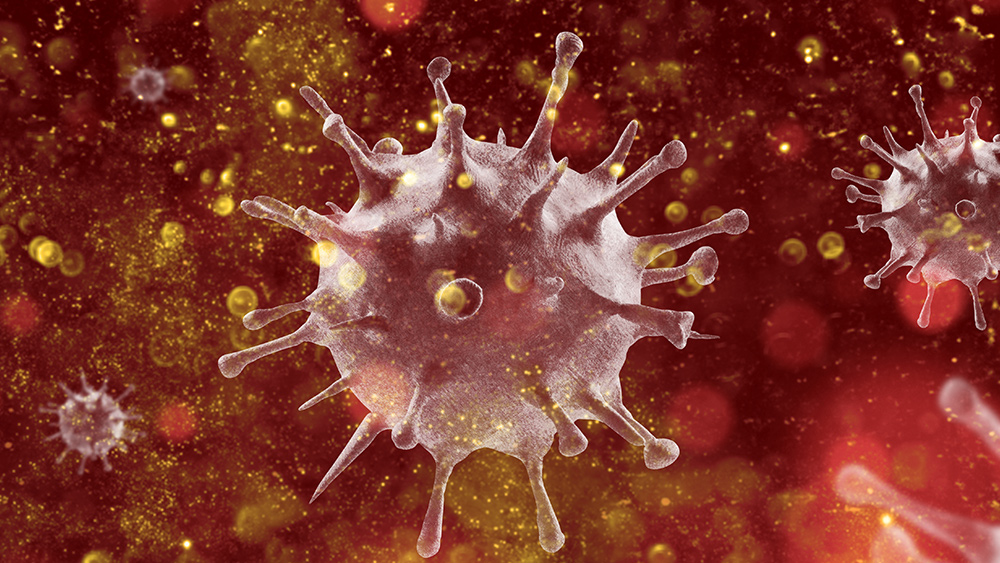What’s the best and healthiest way to brew coffee? Experts weigh in
02/28/2020 / By Zoey Sky

A whopping 400 million cups of coffee are consumed throughout the globe every year. From regular coffee and cold brew, to latte and pour-overs, there’s a coffee drink for a variety of different tastes. But have you ever wondered what’s the healthiest way to brew a cup of joe?
Should you be drinking coffee?
Coffee offers several benefits, but not everyone can enjoy them.
Will Cole, the author of “Ketotarian,” explains that people have two variants of the caffeine gene CYP1A2, which controls the enzyme of the same name and determines how well a person metabolizes caffeine.
A fast metabolizer tolerates coffee well and caffeine leaves your system quickly. If you have two fast variants you can drink coffee without any adverse effects and enjoy its health benefits.
However, a slow metabolizer’s body holds on to caffeine longer. This means you feel the effects of caffeine longer. If you have one slow and one fast variant (or two slow variants), you’re more sensitive to the stimulating effects of caffeine, otherwise known as coffee jitters.
There are tests that can help you determine your genetic makeup. Alternatively, you can consume coffee based on how it makes you feel.
Does coffee affect you negatively? If coffee makes you anxious, it’s better to stop drinking it or switch to decaf.
If you’re fine with drinking coffee, brewing a cup every morning is a healthy way to start your day. (Related: 5 health benefits to regularly drinking black coffee.)
A healthy way to brew coffee
You need to think of two main factors when brewing your coffee:
- The potential toxicity of the container’s material.
- The brewing method’s effect on the coffee beans.
When choosing a container for brewing, experts recommend a French press or pour-over method. Vessels made completely of glass or stainless steel are best for these methods.
A French press and pour-over both offer the most benefits when brewing coffee beans.
Dave Asprey, a bestselling author who also invented Bulletproof lattes spiked with fat for additional benefits, says the stainless-steel mesh filter on a French press and the basic open pour-over method allow coffee’s natural oils to pass into the drink. This gives your coffee a flavor boost and preserves polyphenols with anti-cancer benefits.
The dangers of other coffee brewing methods
Unless you clean coffee pods and single-brew machines regularly and properly, they may have some drawbacks because of the materials used for the pod packaging, along with the potential for mold growth in the machines.
For example, a K-cup coffee pod produces a lot of waste. The pods aren’t biodegradable since they’re made of more than one type of material, making them very difficult to recycle.
K-Cups are BPA-free and made of “safe” plastic, but research has found that this type of material may have negative side effects when heated. These plastic chemicals can act as hormone disruptors if you come into contact with the heated material.
Are diterpenes beneficial?
Coffee’s natural oils, or diterpenes, can raise both low-density lipoprotein (LDL or “bad” cholesterol) and overall cholesterol. But researchers have also discovered that diterpenes may be behind the benefits of coffee, such as its cancer-fighting abilities.
Different brewing methods produce coffee with different amounts of caffeine. French press is relatively high in caffeine, while cold brew often contains less caffeine.
Caffeine isn’t inherently good or bad, but how it affects your body is linked to your genetic makeup. If you have one or two slow variants, use brewing methods that produce coffee with less caffeine.
Experts suggest a pour-over method, an affordable vessel option. Use an unbleached filter to avoid extra chemical exposure. This eliminates most, but not all, of the diterpenes. At the same time, you retain as many beneficial polyphenols as possible.
Beans matter
Check your coffee beans before you start brewing. Avoid mass market coffee brands with mycotoxins in their coffee grinds. Asprey warns that mycotoxins can negatively affect health.
Darker roasts contain less caffeine because the caffeine is usually cooked out of the bean during the roasting process. Buy organic beans, especially if you’re a regular coffee drinker. Organic beans ensure that you reduce your exposure to pesticides.
Whether you’re a fast or slow metabolizer, drinking coffee moderately provides tasty health benefits.
Sources include:
Tagged Under: #nutrition, brewed coffee, caffeine, coffee, coffee beans, diterpenes, French press, functional foods, organics, pour over coffee



















